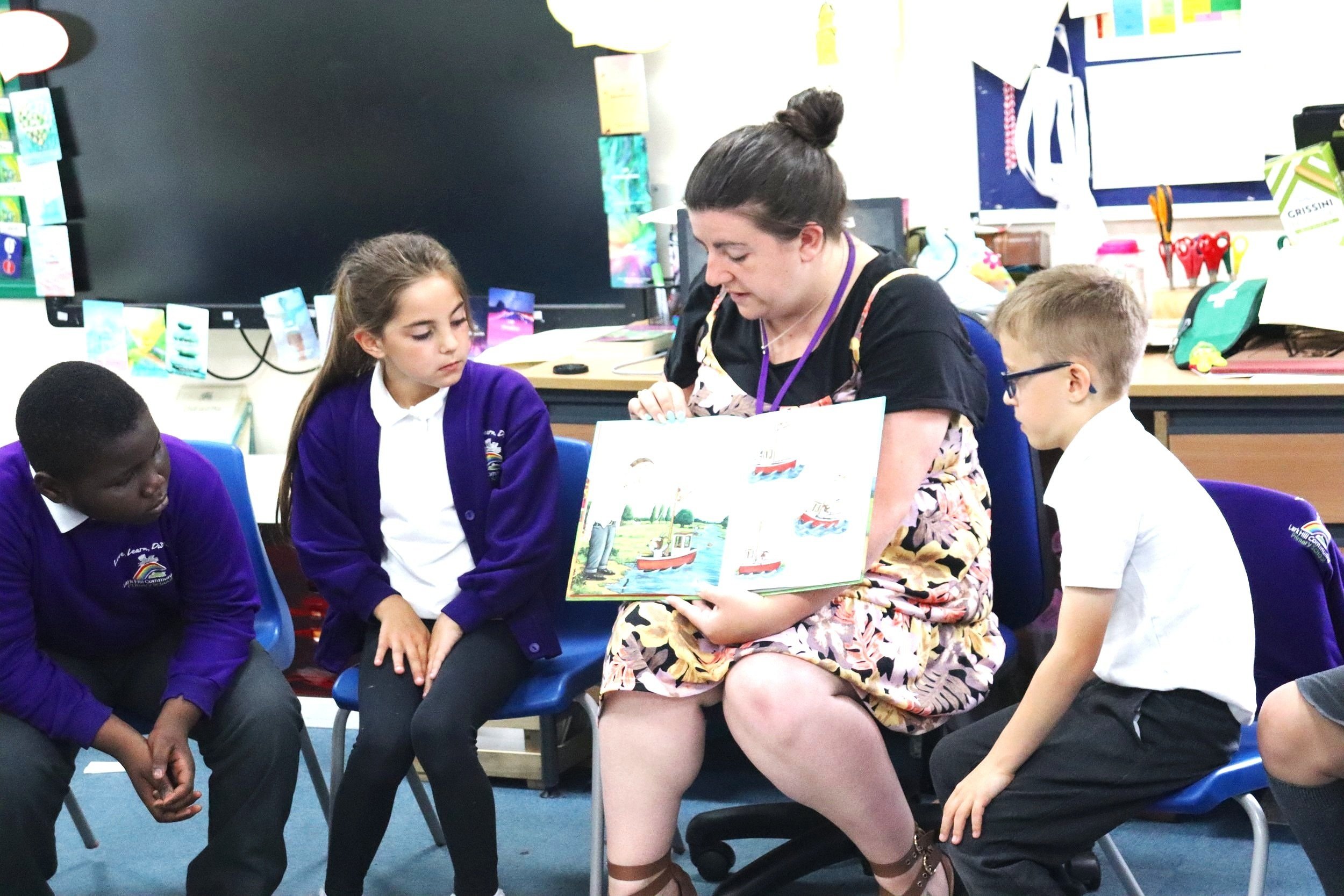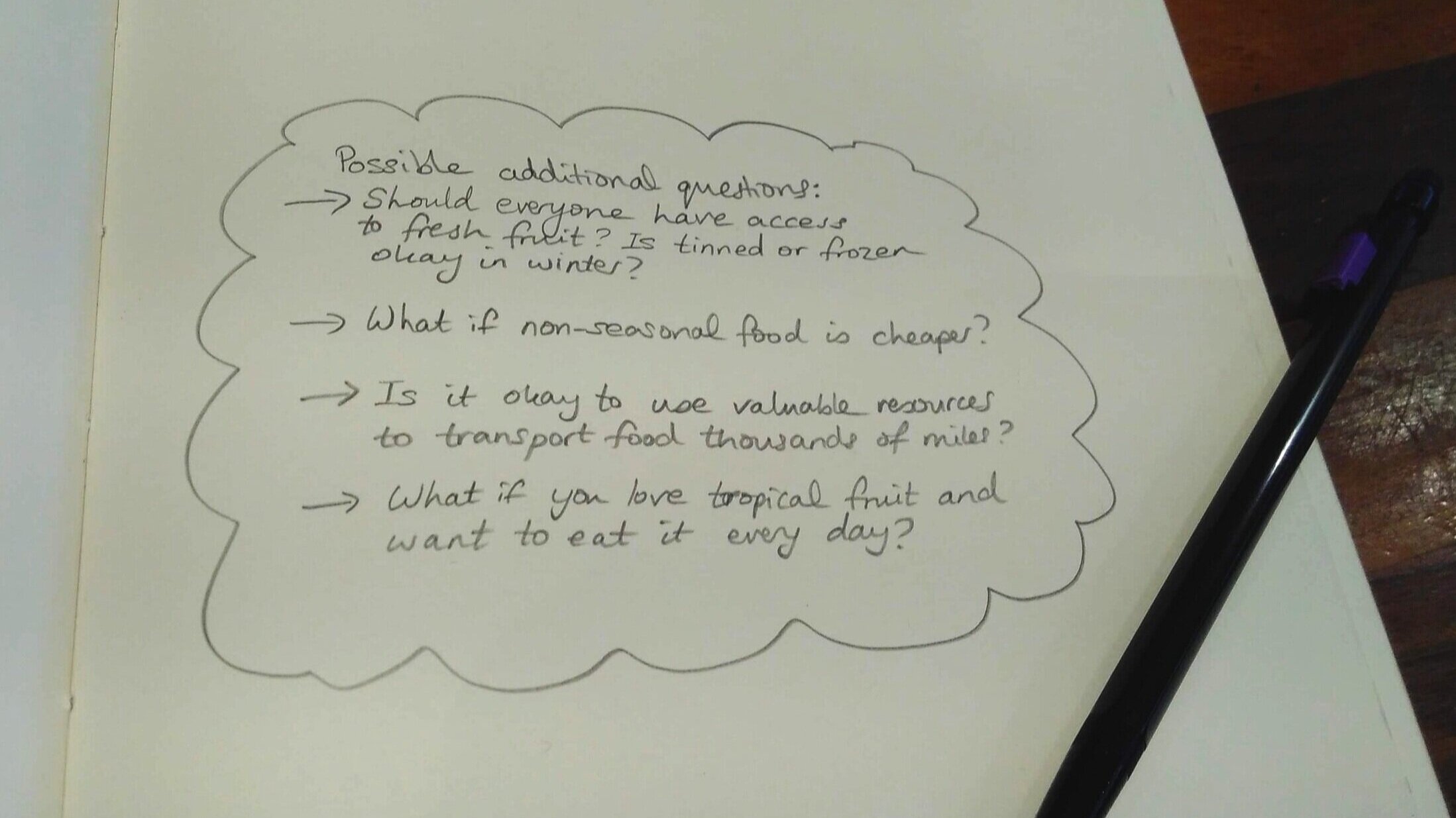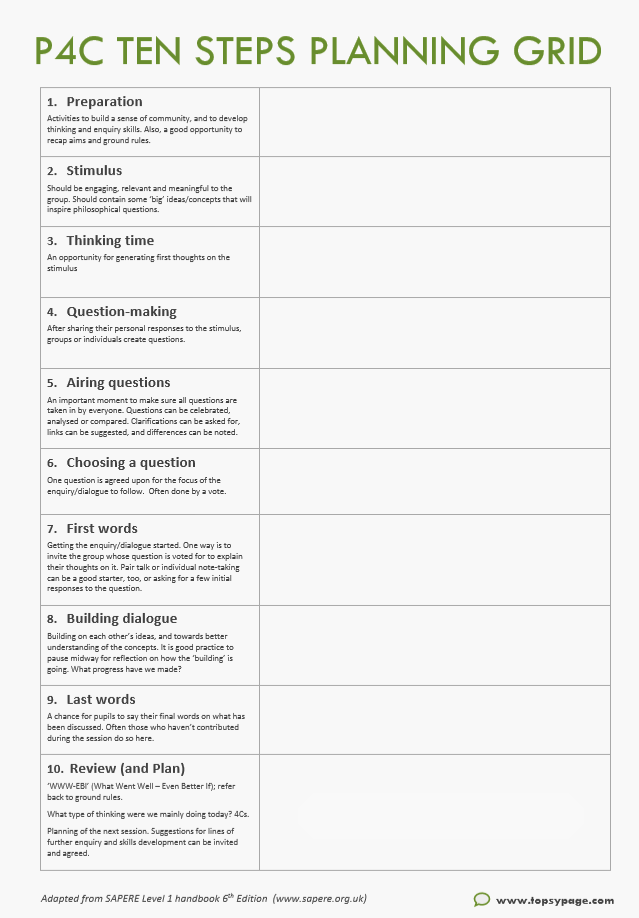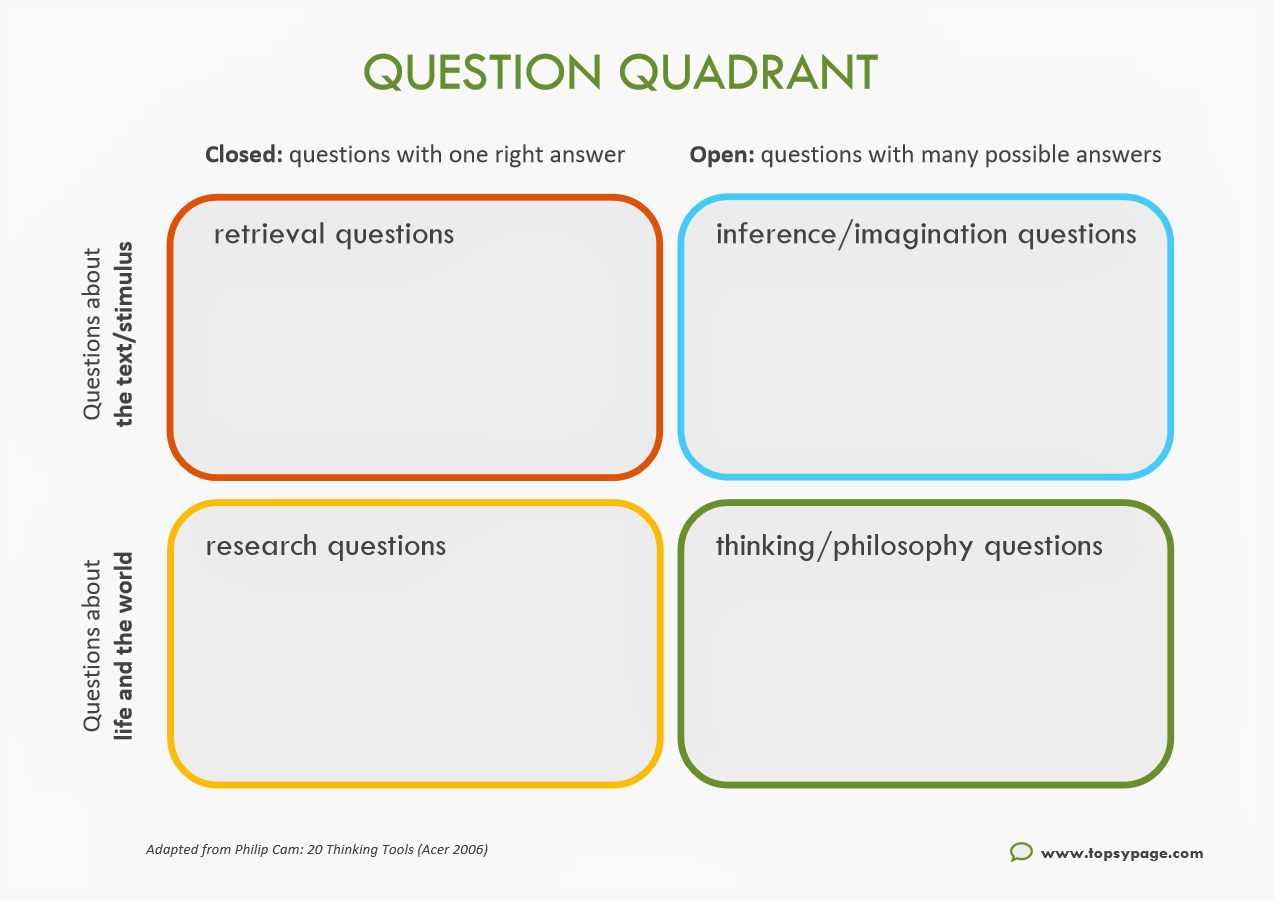Here’s my take on a game that you may have come across before. Simply raise each question, and let people discuss Who (in the room) is most likely to…, and give their reasons.
Here are a few questions that might work well at home with the family:
Who is most likely to…
put on odd socks?
dance in front of everyone?
eat something off the floor?
win a sporting medal?
become a millionaire?
sleep through their alarm clock?
ask to borrow £5?
make someone a cup of tea?
save a bee that was in trouble?
win the Nobel Peace Prize?
For the classroom, try the following thirty positive achievement questions. You could give your pupils the list, in pairs, and ask them to put a different child’s name next to each one – making sure everyone’s name appears at least once.
Who is most likely to…
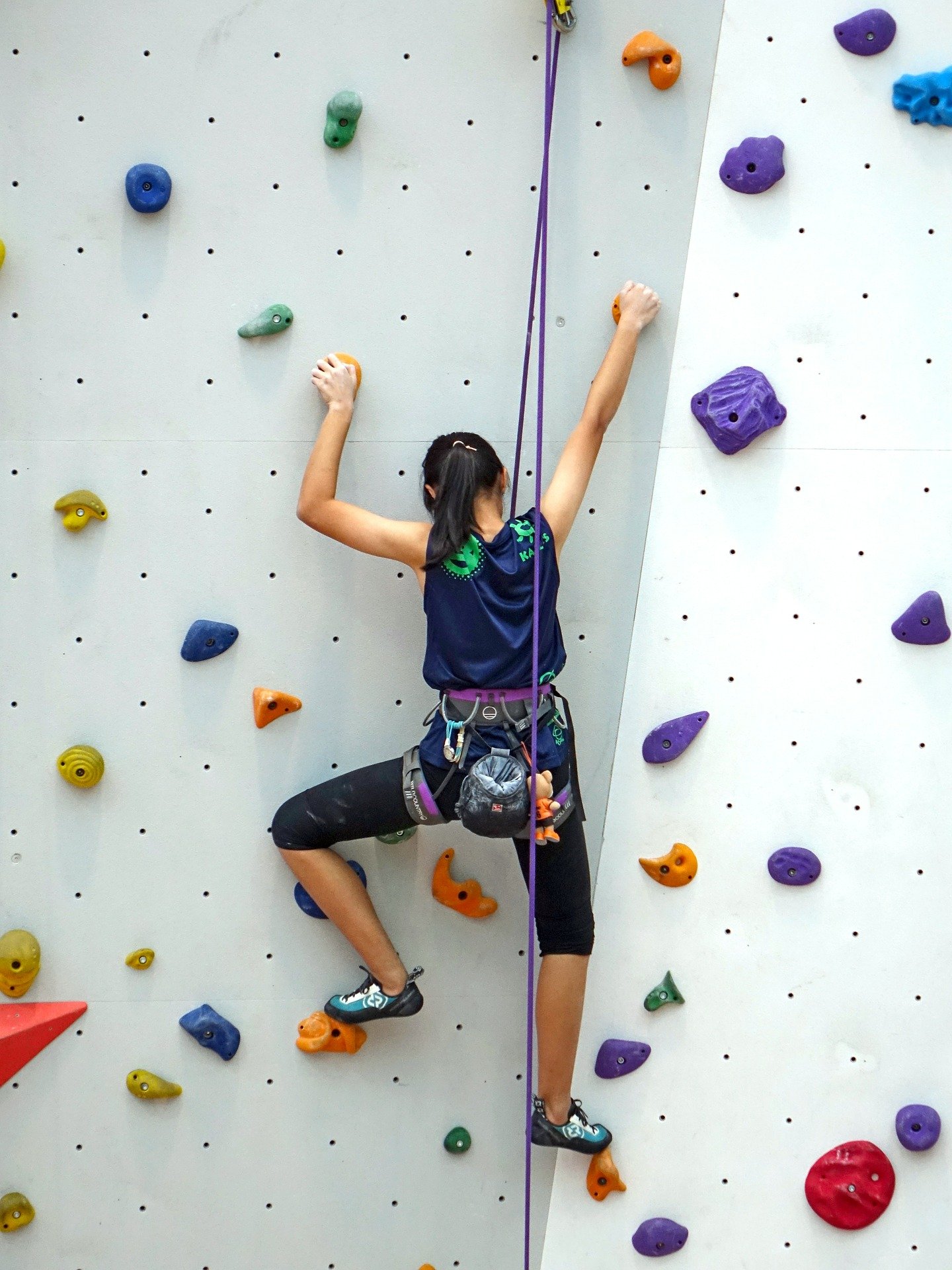
be an Olympic rock climber?
find a cure for COVID-19?
win a gold medal for swimming?
be an actor?
work with animals?
be famous?
be a musician?
be a comedian?
win a Formula 1 race?
be the next Bear Grylls?
climb Everest?
do the Tour de France?
be a trapeze artist in a circus?
build a house?
be the Prime Minister?
be a dancer?
write a novel?
live to 100 years old?
design a new phone?
save the world?
go to the Moon?
become a social media superstar?
be an artist?
be a garden designer?
be a vegan chef?
code a new video game?
meet the Queen?
become a professor?
be a religious leader?
solve a crime?
What will happen when you remove the fear of being wrong?
Children need time to practise the skill of question-generating
A great way to start the day in Early Years - developing early language and reasoning as well as engaging families in their child’s learning.
Questions that children come up with during P4C sessions are always fascinating!


